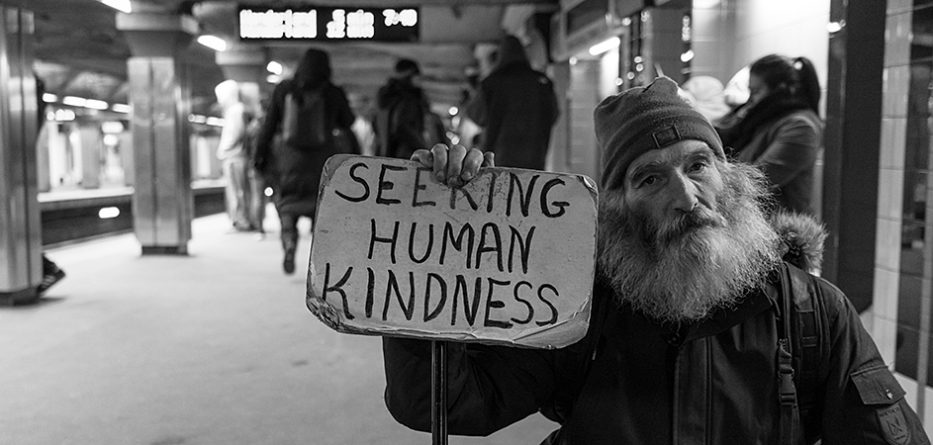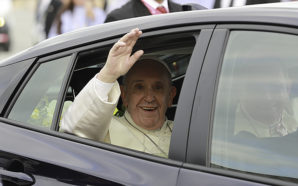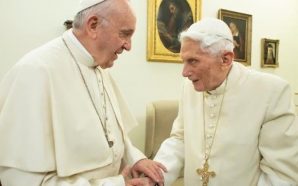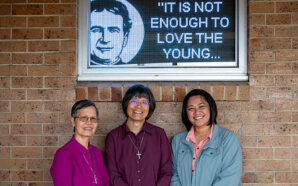Pope Francis reflected on Jesus’ miracle of the multiplication of the loaves (Mt 14:13-21) during his catechesis at the Sunday Angelus.
He said the people had gone to listen to Jesus in a deserted place, because “His words and His gestures restore and bring hope.”
As the sun goes down and those present begin to seek food, Jesus tells His disciples to give them something to eat.
“Jesus wants to use this situation to educate His friends, both then and now, about God’s logic: the logic of taking responsibility for others,” said Pope Francis.
Power as sign of charity
The Pope added that Jesus didn’t leave His disciples alone when they say there are only five loaves and two fishes. He takes the bread, breaks it, and gives it to the disciples for them to distribute.
“With this gesture, Jesus expresses His power; not in a spectacular way but as a sign of charity, of God the Father’s generosity toward His weary and needy children.”
Pope Francis said Jesus is immersed in people’s lives, and that He understands our weaknesses and limits. “He nourishes them with His word and provides plentiful sustenance.”
Eucharist and daily bread
Pope Francis went on to say that the multiplication of the loaves has clear Eucharistic overtones.
An important element is the connection between the Eucharistic bread – nourishment for eternal life – and our daily bread – which we require to survive.
“Before offering Himself to the Father as the Bread of salvation, Jesus ensures there is food for those who follow Him and who, in order to be with Him, neglected to make provisions.”
The Pope said this shows that there is no opposition between the spiritual and the material.
Compassion, trust, solidarity
He noted that Jesus’ compassion and tenderness for the crowd is “the concrete manifestation of the love that cares about people’s needs.”
The Holy Father urged everyone to draw near to the table of the Eucharist by imitating Jesus’ attitude of compassion.
“Compassion is not a purely material sentiment,” he said. “True compassion is suffering with, taking upon ourselves the pain of others.”
And he encouraged everyone to ask ourselves if we have compassion when we read the news about wars, hunger, or the pandemic. “Do I experience compassion for those people?”
Compassion, he added, is “trust in the provident love of the Father and means courageous sharing.”
Journey of fraternity
In conclusion, Pope Francis prayed that Mary might help us along our Christian journey.
“It is the journey of fraternity,” he said, “which is essential to face the poverty and suffering of this world – especially in this difficult moment – and which projects us beyond the world itself, because it is a journey that begins with God and returns to God.”
With thanks to Vatican News and Devin Watkins where this article first appeared.








